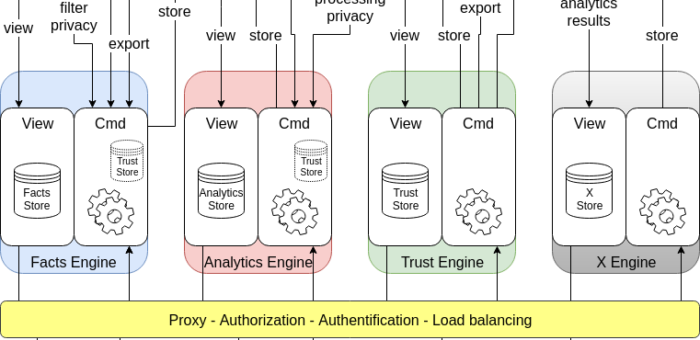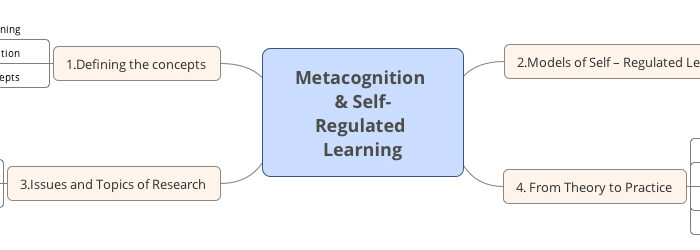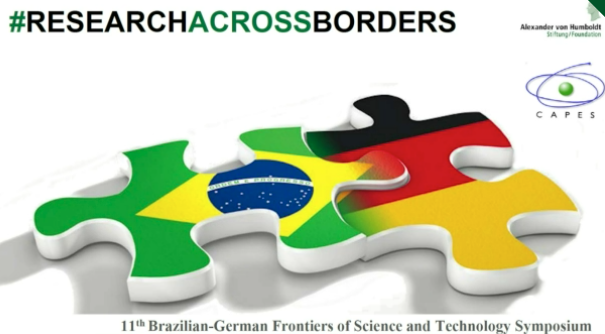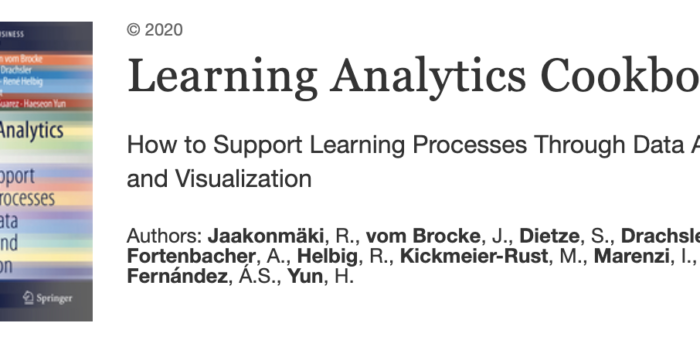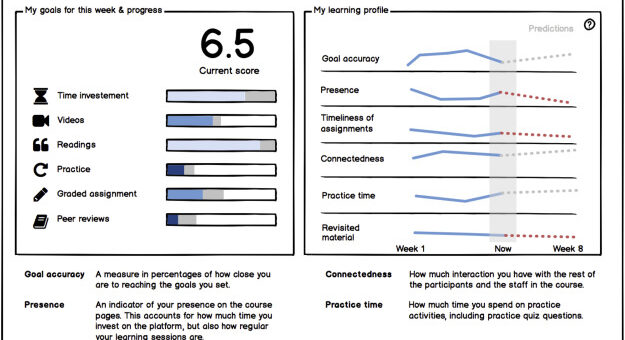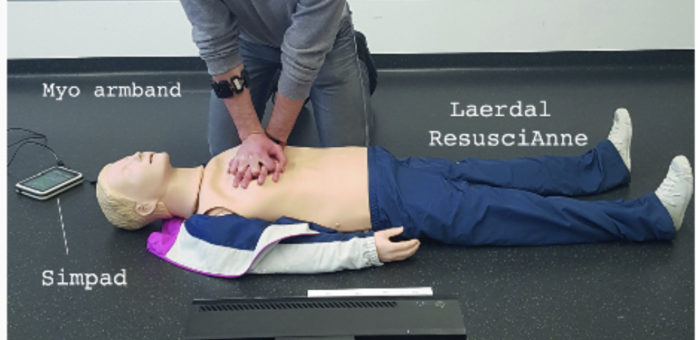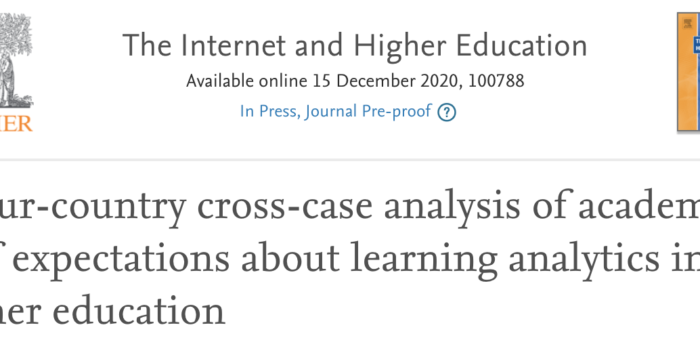
New Pub: A four-country cross-case analysis of academic staff expectations about learning analytics in higher education
The purpose of this paper is to explore the expectations of academic staff to learning analytics services from an ideal as well as a realistic perspective. This mixed-method study focused on a cross-case analysis of staff from Higher Education Institutions from four European universities (Spain, Estonia, Netherlands, UK). While there are some differences between the countries as well as between ideal and predicted expectations, the overarching results indicate that academic staff sees learning analytics as a tool to understand the learning activities and possibility to provide feedback for the students and adapt the curriculum to meet learners' needs. However, one of the findings from the study across cases is the generally consistently low expectation and desire for academic staff to be obligated to act based on data that shows students…

